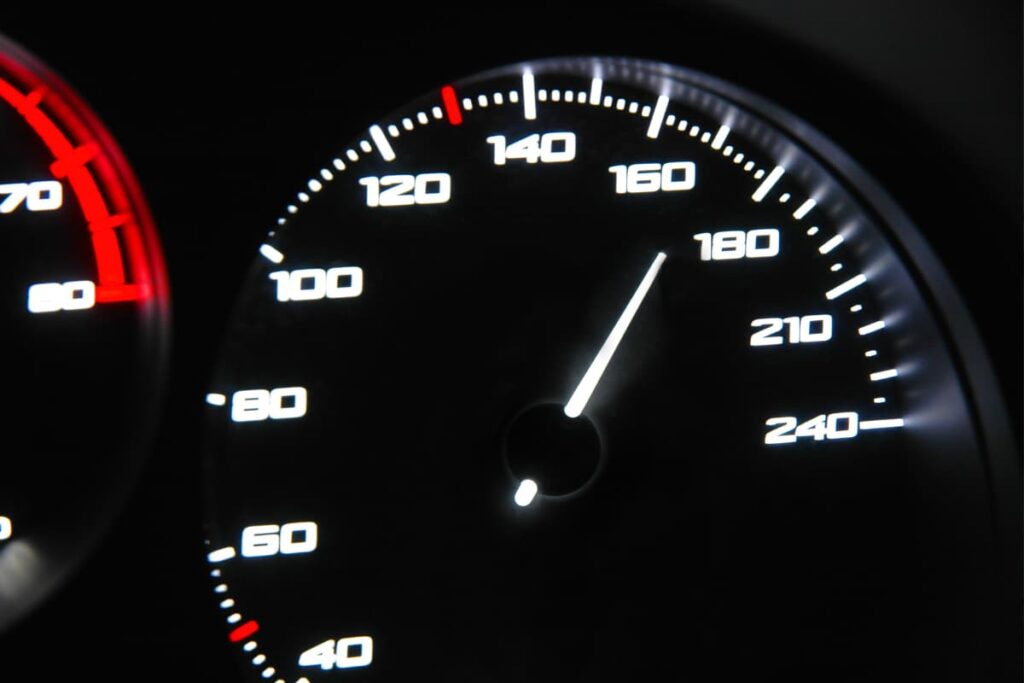Traffic violations are civil infractions that are committed by drivers while they are operating a vehicle on the roadways. These most common traffic violations can include speeding, reckless driving, driving under the influence of alcohol or drugs, and driving without a license. The laws governing traffic offenses vary from state to state, but generally, they divide major traffic violations record into two categories: moving violations and non-moving violations.
A traffic violation refers to any breach of laws set by traffic authorities, ensuring the orderly movement and safety of vehicles and pedestrians. Common types of violations include speeding, running red lights, illegal turns, and driving under the influence. Each violation typically carries a penalty, ranging from fines to, in more severe cases, license suspension. New Jersey, like other states, encourages the prompt settlement of these fines to uphold road safety. For the convenience of its residents, New Jersey offers NJMCDiRECT, an online platform at www.njmcdirect.com, where individuals can easily pay for their traffic tickets, emphasizing the state’s commitment to efficient, digital solutions for traffic violation management.

In this article we will explain about different types of traffic violations records and how they are vary from different states.
Different Types of Traffic Violations
Traffic Violations Surcharges are designed to ensure the safety of all drivers and passengers. These numerous “Traffic Violations” Records govern all types of vehicles, from cars and trucks to motorcycles and bicycles. The Record of Traffic -Violations apply equally to all drivers, regardless of age or experience. The governing of law traffic offenses vary from state to state, they divide traffic -violations record into two categories: Moving Violations and Non-Moving Violations.
Moving Violation : What is Moving Violation?
A moving violation is committed when a driver commits a specific action while driving a vehicle on a public road. Common examples of moving -violations are given below.
- Speeding
- Passing through a red light
- Failure to produce
- Violations of traffic and road signs
Non Moving Violation : What is Non Moving Violation?
Non-moving violations occur when the vehicle itself is not being operated on public roads or highways . Some common examples are listed down below. Common examples of non-moving violations are given below.
- Broken or improper vehicle equipment
- Improper parking
- Expired registration, and
- Seatbelt tickets.
How Much Is Traffic Violation Ticket?
The NJ surcharge amount listed on your traffic ticket will depend on where you live and what type of offense or Plead Guilty you’ve been charged with committing. The base NJ Surcharge for most common “traffic violations” record is somewhere between $20-$200 (or more).
How Long Does A Traffic Violation Stay On Your Record?
The length of time that a Traffic Ticket status stays on your driving record depends on where you live and the type of offense committed. The surcharge debt of Traffic violation record also depends on whether or not you paid off NJMCDirect orderly settle your traffic ticket before appearing in municipal court or if you were found plead guilty after appearing in Municipal court. In most cases, however, a single speeding ticket will only stay on your driving record for two years while multiple civil recovery proceeding offenses can stay on your driving record indefinitely.
Recently The Lakewood Scoop has given bike safety tips for New Jerseyans.